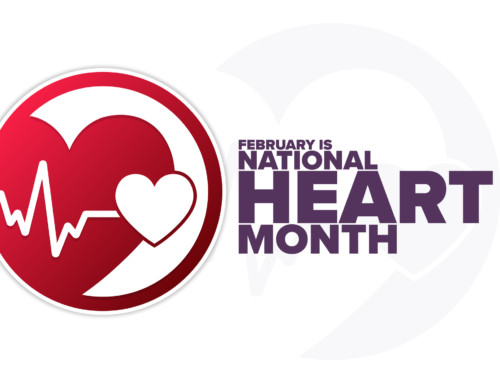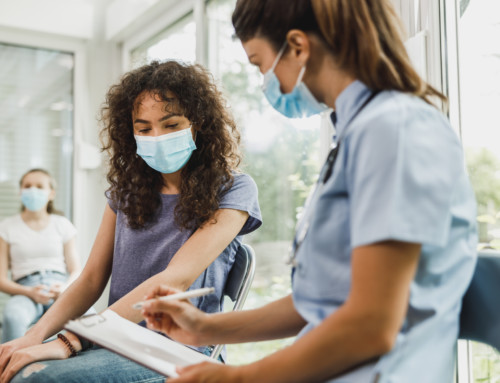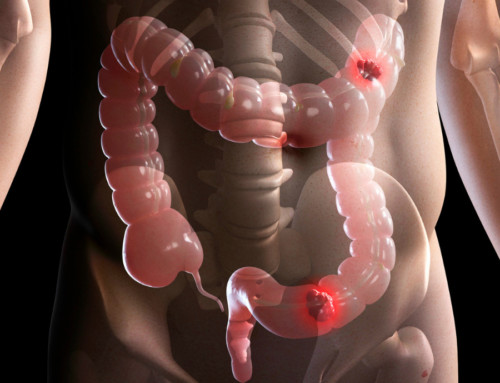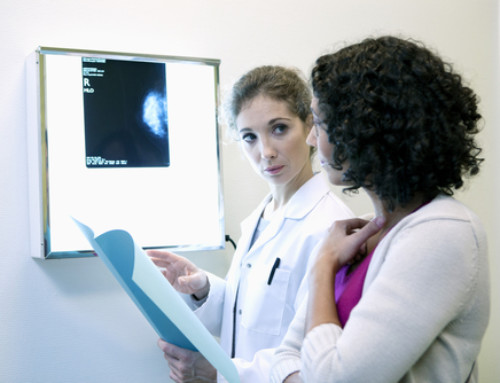Just as with any disease, breast cancer has risk factors that predispose one to a potential diagnosis. For breast cancer, the two highest risk factors are ones that cannot be changed through a shift in habits or environment. Being a woman and getting older than 45 are the greatest risk factors for breast cancer, and 85% of cases occur in women who have no link to the disease other than their gender and their age.
The third greatest risk factor is another inevitable: family history. An estimated 5% to 10% of breast cancers are caused by abnormal genes passed down by a parent.
A person is at hereditary risk if there is a mutation in their BRCA1 or BRCA2 genes. While these genes are found in every person, an irregularity can lead to the body producing less tumor suppressor proteins, the valuable gene that serves as the gatekeeper and frontline army if DNA or a cell’s material is ever damaged.
Gene mutations aren’t always the culprit, even in families where there is a history of breast cancer. Genetic testing is the only way to find out whether the disease was caused by BRCA1 and BRCA2 or the other risk factors mentioned earlier.
Getting Tested
Modern medicine has found ways to test for BRCA gene irregularities. As with all genetic testing, identifying mutations begins with a blood test or saliva sample collected by either a doctor or a genetic counselor at a lab.
One may wish to consider getting tested for a BRCA gene mutation in certain circumstances.
A fact sheet from the Susan G. Komen Breast Cancer Foundation includes the following list:
- You had breast cancer at an early age;
- Your mother, sister, or daughter had breast cancer at an early age or ovarian cancer at any age;
- A woman in your family has had breast and ovarian cancer;
- A woman in your family has had breast cancer in both breasts;
- A man in your family has had breast cancer;
- Your family is of Ashkenazi Jewish descent — about 1 in 40 Americans of this descent carry the gene, versus 1 in 400 or 1 in 800 for the BRCA1 and BRCA2 mutations.
Getting tested can allow one to make more informed choices around the environmental risk factors of breast cancer and other cancers. Angelina Jolie famously had a double mastectomy after testing positive for the BRCA1 gene and having a number of close family members pass away due to cancer.
There are a number of research labs across the U.S. that will test for gene irregularities. Many will do this free and anonymously, though the results may be limited. For more specific testing, the cost can range from $300 to $500, though this amount may be covered by insurance. Speak with your doctor about being referred to a specific test facility, and ask which kind of testing may be right for you and your family history.
Genetic testing doesn’t come without controversy, and some say that learning they’re predisposed to a disease would affect the way they went about their healthy years of life. The question of getting tested for a BRCA gene mutation was asked by two Canadian twins in a situation where each felt differently about whether they wanted to know if they carried the gene.
Remember that genetic mutations are a risk factor and not a death sentence. Statistics from the National Cancer Institute show that 55% to 65% of women who have BRCA1 mutations will develop breast cancer by the age of 70, with that number being a lower 45% in women who have BRCA2 mutations. So while genetics increase one’s risk of breast cancer, continuing to live life with healthy habits and undergo regular screening as directed by your doctor can still serve as a preventative measure.





